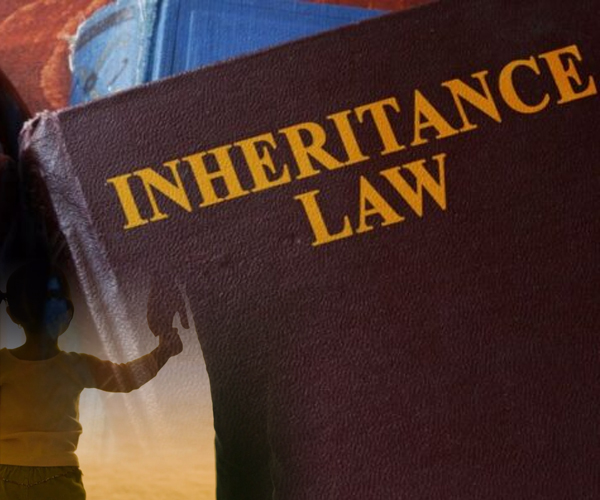
One Kunvarben had married one Babubhai and upon his death, she along with her son Chiman born out of wedlock with Babubhai, re-married with Makanbhai, two sons were born out of the wedlock with Makanbhai. The land in question in the present case was originally belonged to Makanbhai. After the death of Makanbhai name of his widow and 2 sons were entered in the mutation entry and Kunvarben became the absolute owner of the 1/3rd share. In her will Kunvarben bequeathed her 1/3rd share upon the wife of his deceased son Chiman. This was challenged on the ground that the said land was ancestral property and only descending heirs of Makanbhai can have share in such property. In this regard, the Court observed as under:
In the event of property not having been disposed of by the female Hindu as absolute owner during her lifetime, the sons and daughters born to her without regard to from which husband they were born, should be enabled to have preferential rights to succeed before the same goes to the heirs of the father or heirs of the husband.
Under the Act a son of a female by her first marriage will not succeed to the estate of her 'second husband' on his dying intestate. In the case of a woman it is natural that a step son, that is, the son of her husband by another wife. Under the Act a step-son of a female dying intestate is an heir. If a step-son does not fall within the scope of the expression 'sons' in clause (a) of section 15(1) of the Act, he is sure to fall under clause (b) thereof being an heir of the husband. Further, she has every right to give her undivided share to anybody by Will.
